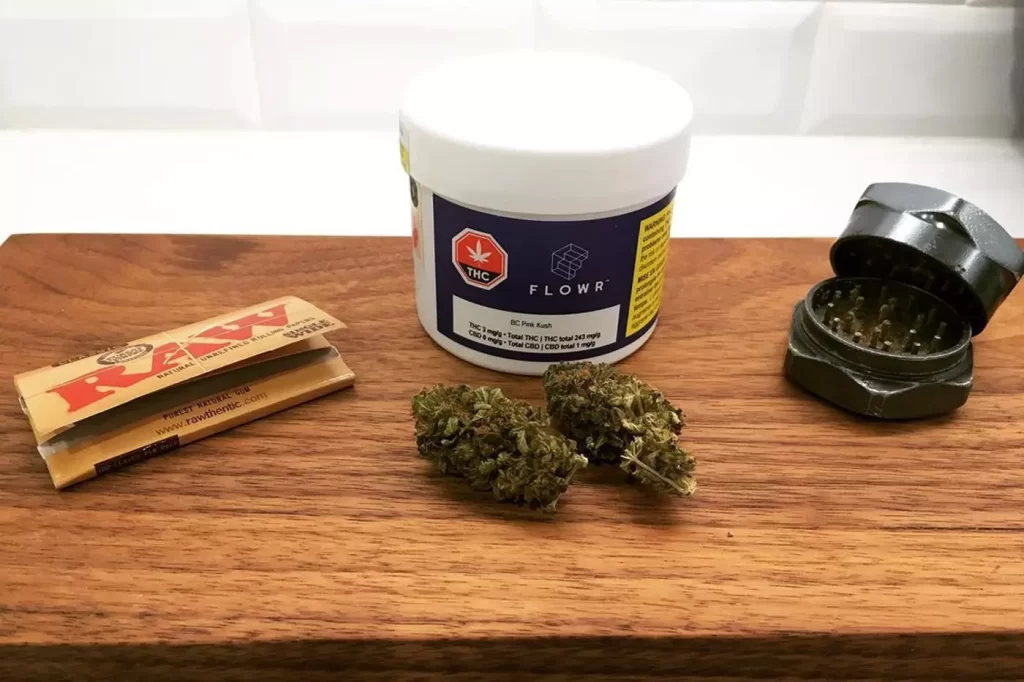The question of how long weed, or marijuana, remains detectable in the blood is a topic of great interest, particularly for those who may be subject to drug tests or legal consequences. The detection window depends on several factors, including the frequency of use, the potency of the marijuana, and an individual’s metabolism. In general, after the inhalation or ingestion of marijuana, its active compounds, such as THC (delta-9-tetrahydrocannabinol), are rapidly absorbed into the bloodstream. This is what produces the characteristic psychoactive effects of the drug. However, THC is then broken down by the liver into metabolites, primarily THC-COOH (11-nor-9-carboxy-THC), which are stored in fat cells throughout the body. These metabolites serve as markers of marijuana use and are the target of most drug tests.
The duration of time that marijuana remains detectable in the blood varies depending on the type of drug test being administered. For instance, a standard blood test can detect THC for up to 1 to 2 days after a single use in infrequent users. For regular users, THC can be detected in the blood for up to 7 days or longer after cessation of use. In some cases, heavy users may still test positive for THC metabolites in their blood for several weeks. However, it is crucial to understand that these timeframes are approximate, as individual factors play a significant role in drug metabolism. Factors such as age, weight, overall health, and liver function can influence how quickly the body processes and eliminates THC and its metabolites. Additionally, the potency of the marijuana consumed can impact the detection window. Higher potency marijuana products, Effective Detox Pills To Eliminate Weed such as concentrates and edibles, can lead to higher THC levels in the blood and, consequently, a longer detection period.

Another essential consideration is the type of drug test employed. Blood tests are less common than urine or saliva tests due to their invasiveness and the shorter window of detection. Urine tests, for example, can detect THC-COOH for up to 30 days in regular users, making them more widely used for drug screening purposes. For individuals who may face legal or employment-related consequences, understanding the detectable window of marijuana in the blood can be crucial. It is essential to recognize that attempting to manipulate the results of a drug test can have serious consequences and may be illegal in some jurisdictions. In conclusion, the duration is that weed remains detectable in the blood depends on various factors, including usage patterns, potency, and individual metabolism. While standard blood tests may detect THC for a few days to a week, urine tests can identify marijuana use for up to a month in regular users. Being well-informed about drug detection windows and responsible cannabis consumption is crucial for anyone subject to drug testing, ensuring that they can make informed decisions about their well-being and legal compliance.